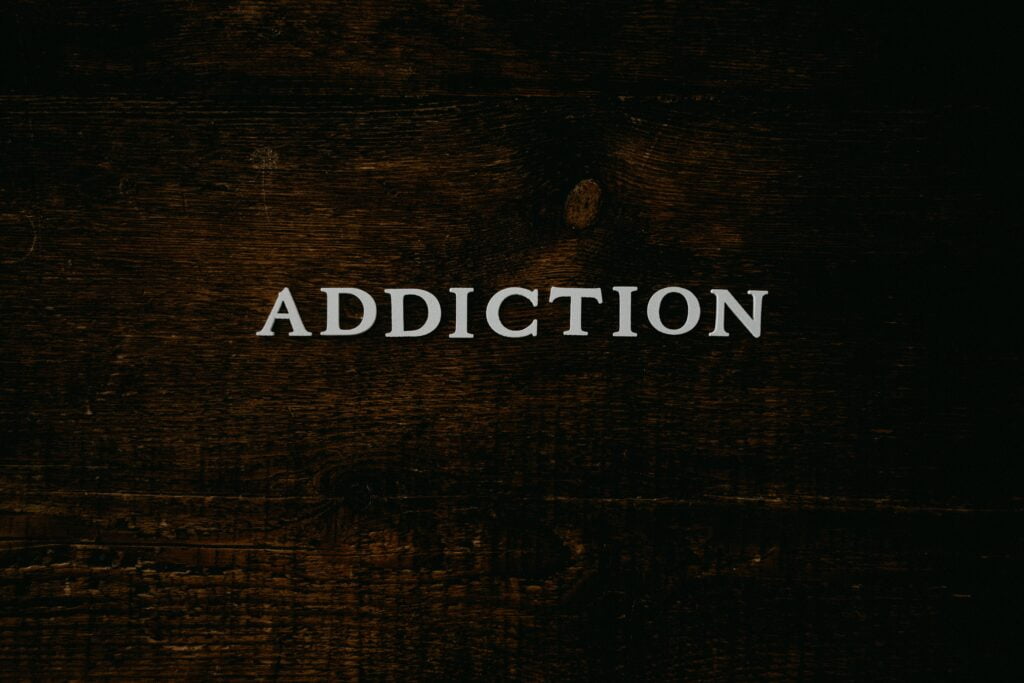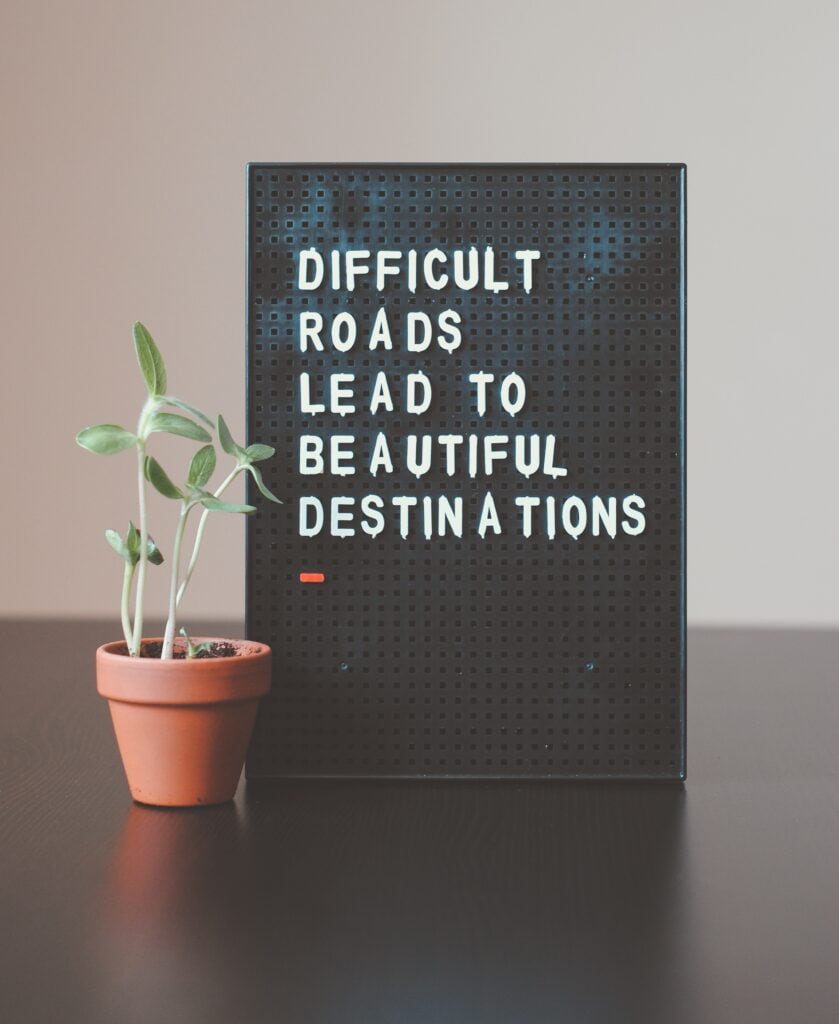There are many groups of people in life who are more vulnerable to drug and alcohol addiction, but the reality is that this can affect anyone. This was evident when I worked in addiction many years ago. If this is affecting you and you’ve decided enough is enough, you’re tired of the cravings, the relapses, the broken promises, and feeling like you have no control over your life, read on.
The good news is you can overcome your addiction and build a fulfilling life without relying on that next hit. It will not be easy, but it will be worth it.
Here are 5 powerful tips to help you break the chains of addiction and start living free. The power is within you, not external to you – you have just got to tap into it. Are you ready?

1) Admit You Have a Problem and Make a Plan to Change
Admitting you have an addiction is the first step. It’s not easy, but take an honest look at your habits and behaviours. Are they causing problems with work, health, or relationships? If so, it’s time to make a plan to stop.
Moreover, sit down and write out how your addiction affects your life. Be specific. Really examine the impact it’s having. This can help strengthen your motivation to change.
Next, set a firm date to quit. Throw away any substances you have, and avoid triggers like people or places that encourage your addiction. Tell friends and family about your plan and ask for their support. If you feel that your addiction is severe or you simply have too many “triggers” nearby, it might be better to consider admitting yourself to a place that can provide support, such as a HEAL Behaviour Health treatment centre. Being under the care of professionals experienced in dealing with addiction can be an effective way to stave off from using substances and reinforce more positive habits, as well as find solutions to root problems which caused your addiction in the first place. Going into professional treatment can make a massive difference in turning your life around.
Additionally, find alternatives to fill the time you used to spend indulging in your addiction. Take up a hobby, start exercising, read, and spend time with others who live a lifestyle free of addiction. Staying busy will help retrain your mind and habits.
You have the power to overcome this. Believe in yourself, be kind to yourself if you slip up, and keep trying. Freedom from addiction is absolutely possible, one day at a time. You’ve got this! Stay focused on your motivation and goals, follow your plan, and don’t give up.
2) Identify Your Triggers and Avoid Them
To overcome an addiction, you need to figure out what triggers your cravings and avoid them like the plague.
- Pay attention to the people, places, emotions, objects, or routines that cause your addictive behaviours to surface. Are there certain friends who encourage your addiction? Avoid them. Do you always stop by the bar on your way home from work? Take a different route.
- Boredom and stress are common triggers, so find new hobbies and outlets to fill your time like exercising, socialising, or pursuing a hobby. Practice self-care through yoga, meditation, cold water therapy or deep breathing to better manage stressful situations.
- Once you’ve identified your triggers, make a plan to steer clear of them. Let supportive friends and family know about your triggers so they can also help keep you accountable. The more you avoid triggers, the easier it will be to break the cycle of addiction.
3) Stay Busy and Practice Self-Care
To overcome an addiction, it’s vital to redirect your mind and keep your hands busy. Idle time is the devil’s plaything, as the saying goes.
Fill your schedule with hobbies, (safe) socialising, exercising, and relaxing activities that don’t involve addiction. Take up a hobby like gardening, painting, or learning a new language. Exercise is also key – go for walks or jogs, do yoga, swim, or bike ride. Staying active releases endorphins that improve your mood and act as natural stress relief.
Make time for self-care. Get enough sleep, limit stress, and practice mindfulness exercises like meditation, deep breathing, or journaling. Consume a healthy, balanced diet and stay hydrated.
When cravings strike, distract yourself. Call a friend, take a shower, get outside, or do some light exercise like stretching. The more you practice self-care and stay busy, the less time and energy you will have for addictive behaviours. You will build confidence and find new rewards and purpose in life without relying on your addiction.
4) Build a Strong Support System

Overcoming addiction is challenging, and having a strong support system will help you stay committed to your recovery. Surround yourself with people who genuinely care about you and will encourage your sobriety.
- Tell close family and friends about your goal to break free from addiction and ask them to check in on your progress. Let them know specific ways they can support you, whether it’s by not drinking around you or inviting you out for distraction-free social activities.
- Consider joining a support group to connect with others struggling with similar addictions. Hearing about their experiences can help motivate you and hold you accountable. Look for local groups or online communities.
- Don’t underestimate the power of professional support. Speaking to a therapist or counsellor who specialises in addiction can help you address the underlying causes of your addiction and give you tools and strategies for coping with cravings and triggers.
Making meaningful connections and allowing others to help you is key. No one can overcome addiction alone. Build your support system and don’t be afraid to lean on them – they want to see you succeed! Staying committed to your recovery will be challenging, but with the right support by your side, you can break free from addiction for good.
5) Stay Motivated and Accountable

To stay motivated and accountable in overcoming your addiction, you need to put in the work every single day. Let close friends and family know about your plan to break free from addiction. Ask them to check-in on your progress and offer support. Having a strong support system will make the journey easier.
According to Sherief Abu-Moustafa, the founder and CEO of Sunlight Recovery, ‘The road to recovery is challenging and not always easy to navigate. For this reason, it’s vital to stay motivated.’
However, staying motivated day after day can be challenging. Here are a few tips to keep you on track:
- Set small, achievable goals and milestones. Don’t get overwhelmed by the end goal, focus on progress. Celebrate wins along the way.
- Find an accountability partner. Ask a friend to be your accountability buddy. Check-in with them daily or weekly to stay on track. Knowing someone else expects progress can help motivation.
- Reward yourself for milestones achieved. Give yourself incentives along the way to stay motivated for the next goal. Pick rewards that don’t involve your addiction.
- Track your progress. Use a calendar to record each day of progress. Seeing your success in writing will keep you moving forward. Take it one day at a time.
Final Words
With determination and by making the choice each and every day to pick yourself over the addiction, you can and will overcome this. Staying accountable and motivated requires daily dedication and work. By putting in the effort each day, connecting with your support network, setting small goals, and rewarding progress, you can break the chains of addiction and find freedom.
Stay focused on your “why” and never stop moving forward. You’ve got this!



1 comment